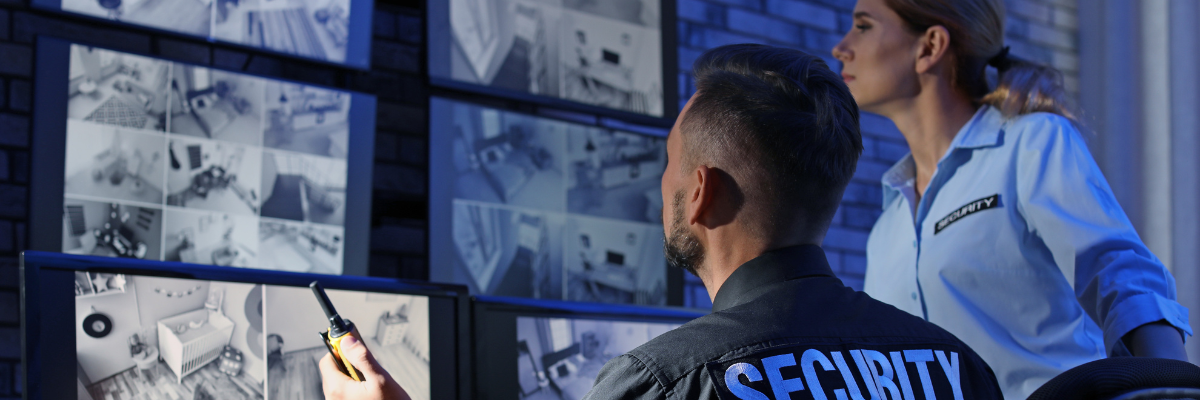
Security cameras in homeowners’ communities are an essential tool for ensuring the safety and peace of mind of residents. However, the installation and use of these cameras raise numerous questions, particularly regarding who has access to the recordings and under what circumstances. In this article, we explore the advantages of security cameras, the limitations on their installation, and the regulations on who can view and request the recordings.
Índice de contenidos
- 1 Advantages of security cameras
- 2 Limitations on the installation of security cameras
- 3 How long are security camera recordings kept?
- 4 Who has access to security cameras and when?
- 5 Can a resident request the recordings?
- 6 Can the police request security camera recordings?
- 7 What should we consider when installing security cameras?
- 8 Where can cameras be installed?
Advantages of security cameras
Security cameras offer multiple benefits for homeowners’ communities. Firstly, they help prevent crime by deterring potential offenders. Additionally, they provide valuable evidence in case of incidents, facilitating dispute resolution and the intervention of authorities. Lastly, they enhance the sense of security among residents, contributing to a more peaceful coexistence.
Limitations on the installation of security cameras
While security cameras have many benefits, their installation must respect certain limits to protect residents’ privacy. Cameras should be placed in common areas and never in private spaces such as entrances to homes, windows, or terraces. It is mandatory to inform all residents of the presence of cameras through visible signage. Moreover, the recordings must comply with data protection regulations, ensuring that they are used only for the purposes specified.
How long are security camera recordings kept?
Current regulations state that security camera recordings must be retained for a maximum of 30 days. After this period, they must be deleted unless they are needed for an ongoing specific investigation.
Who has access to security cameras and when?
Access to security camera recordings is strictly regulated. The property manager is primarily responsible for overseeing and managing access to the recordings. If the community has contracted a security company, they may also have access under strict conditions and solely for surveillance and security purposes.
Can a resident request the recordings?
A resident can request access to the recordings only under specific circumstances, such as being a victim of a crime or having a legal dispute that requires such evidence. The request must be justified and is usually processed through the property manager.
Can the police request security camera recordings?
Yes, the police can request security camera recordings in the event of a criminal investigation. This request must be properly justified and is made through a court order or a formal request.
What should we consider when installing security cameras?
When installing security cameras in a homeowners’ community, several aspects should be taken into account:
- Consultation and Consensus: Before installation, it is advisable to consult with all residents and obtain consensus on the necessity and location of the cameras.
- Legal Compliance: Ensure that the installation complies with all legal regulations, including the Data Protection Act and specific regulations on video surveillance.
- Maintenance and Review: Cameras should be regularly reviewed and maintained to ensure they are functioning correctly.
Where can cameras be installed?
Cameras should only be installed in common areas, such as:
- Building entrances and exits.
- Garages and parking areas.
- Common hallways and staircases.
- Recreational areas and gardens.
It is crucial to avoid installing cameras that may capture images of private spaces to not infringe on residents’ privacy.
Security cameras are a valuable tool for maintaining safety in homeowners’ communities, but their use must align with legal regulations and respect residents’ privacy. Properly informing and managing their installation and access is key to reaping their benefits without causing conflicts or infringing on rights.